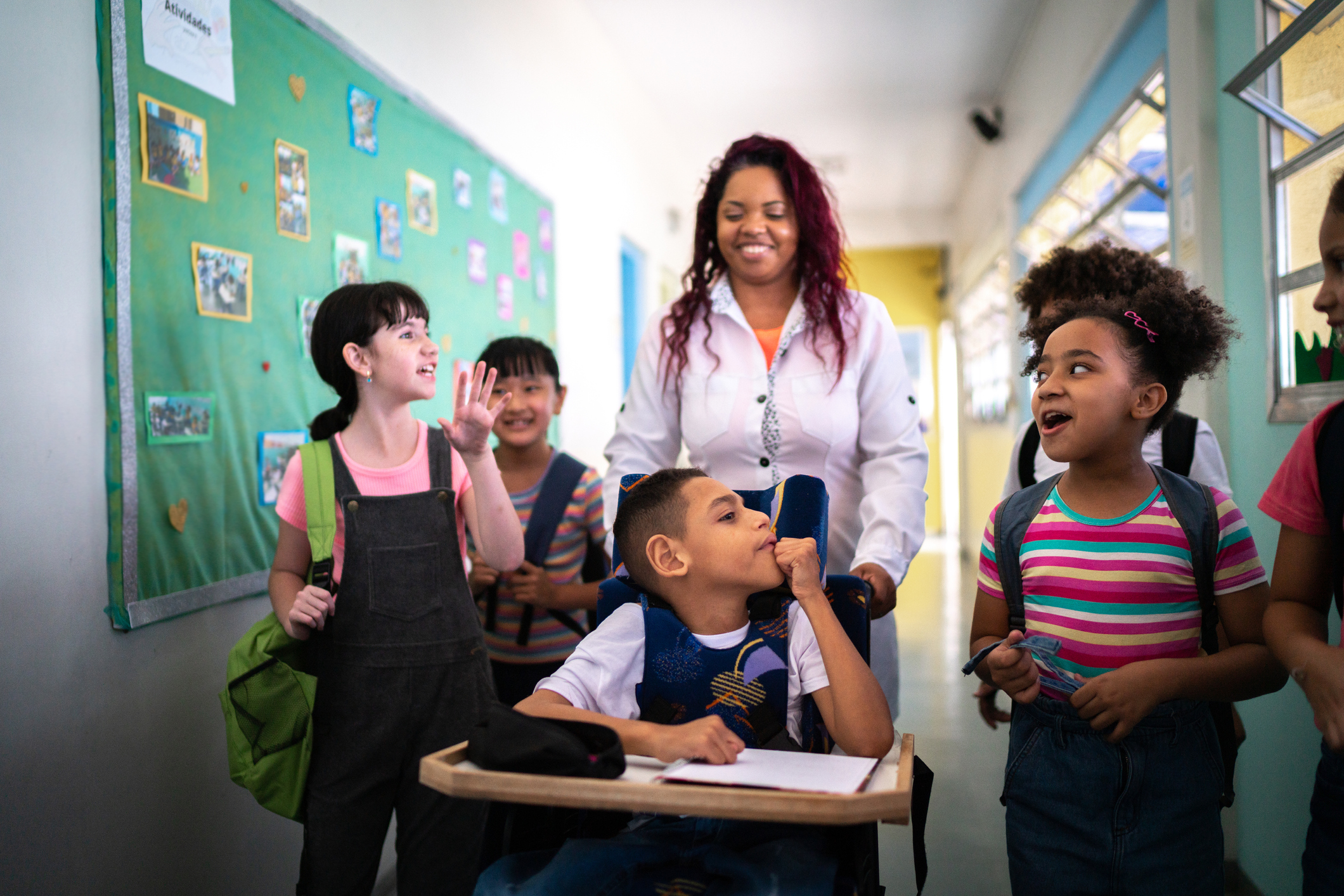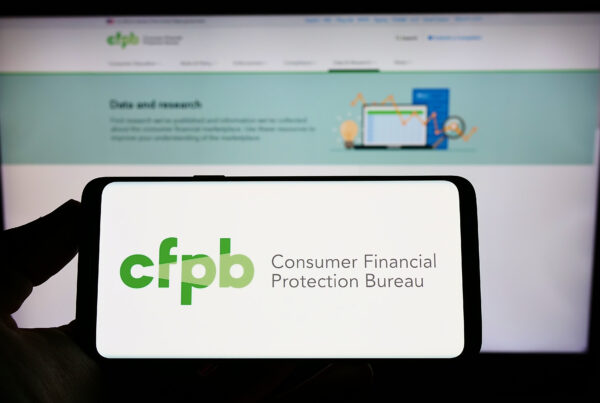Written by: Rashaad Young
Edited by: Michaelene Ostrosky, Ph.D. & Crystal Williams, Ed.M.
Leadership is a trait many people aspire to develop in their personal and professional lives. For practitioners working with children and students with disabilities, continuously strengthening one’s leadership skills is necessary to improve one’s capacity as a professional.
Four ways that practitioners who work with students with disabilities can develop their leadership skills and empower families are:
- Communities of Practice (CoP)
A CoP is a type of learning group that meets regularly to share similar concerns, issues, observations, or interests, and work together to accomplish joint and/or individual goals. In a CoP, practitioners can share stories about their experiences, and learn from others’ experiences and opinions. This exchange of information positively shapes practice. Families are a valuable asset in CoPs because they can share their expertise in raising a child with a disability with practitioners. Additionally, a CoP can be an important social-system support as family members navigate the ins and outs of raising a child with a disability. CoPs are also an avenue for practitioners and families to work together to promote change in systems. For example, members of a CoP might engage in activities such as developing policy briefs, offering professional development on critical topics, and attending advocacy-oriented events. - Peer Coaching
Peer coaching is a reciprocal coaching process, in which two professionals support one another’s goals by engaging in joint planning, observation, reflection, and feedback with one another. When professionals provide support or coaching to another professional (i.e., an experienced special education teacher working side-by-side with a new teacher), it can enhance the leadership skills of both parties. Peer coaching can offer practitioners (even experienced practitioners) with a new perspective and strategies to try as each person in the coaching relationship has expertise and knowledge. For example, a behavior therapist supporting a teacher might suggest different ways to interact with a young child who is upset when his parents leave at morning drop-off. As another example, a teacher interested in culturally responsive practices might reflect with their peer about how to enhance equitable practices for students of color with disabilities. - Family Coaching
Family coaching, like peer coaching, focuses on helping families reach their identified goals. It is often implemented in early intervention (birth to three services), but the concepts of coaching apply beyond this critical period. Coaching family members can strengthen their connection with their children and improve the family member’s self-confidence, competence, and skills. In the early intervention context, a coach might describe how a parent could interact with their child who is learning to make requests via sign language, and then reflect with the parent on the results of the strategy they used during the following week. For an older student, family coaching may be implemented in the context of the child’s applied behavior analysis therapy or nutritional therapy, which are often critical in both home and school-based settings. Teachers can also provide family coaching by inviting families to the classroom and engaging in reflection and feedback or by conducting periodic home visits focused on the families’ identified goals for their child. - Advocacy and Policy Engagement
Practitioners working with students with disabilities should advocate for policies and laws that help the children and families with whom they work. They also can help family members learn to advocate for themselves and their children. Advocacy helps families and professionals show others (e.g., politicians, school officials, etc.) what is important and why. Advocacy work and policy engagement are important for professionals, as they demonstrate a commitment to change that will help children, families, and the field of special education. Professionals must show families that their voices are important and how they can impact policies and laws. The voices of family members and professionals can carry the information, urgency, and compassion that others need to hear.
Everyone can develop leadership skills. Even practitioners who may not aspire to be program directors or policymakers need to develop their leadership skills to effectively support students with disabilities and their families.
You can find links to helpful tip sheets and resources in this document.
Reference:
Williams, C. & Ostrosky, M. M. (accepted). Developing leadership skills in oneself and families: Four activities for early interventionists. DEC Recommended Practices Monograph on Leadership. (June 16)
Image Credit: FGTrade/iStock.com













